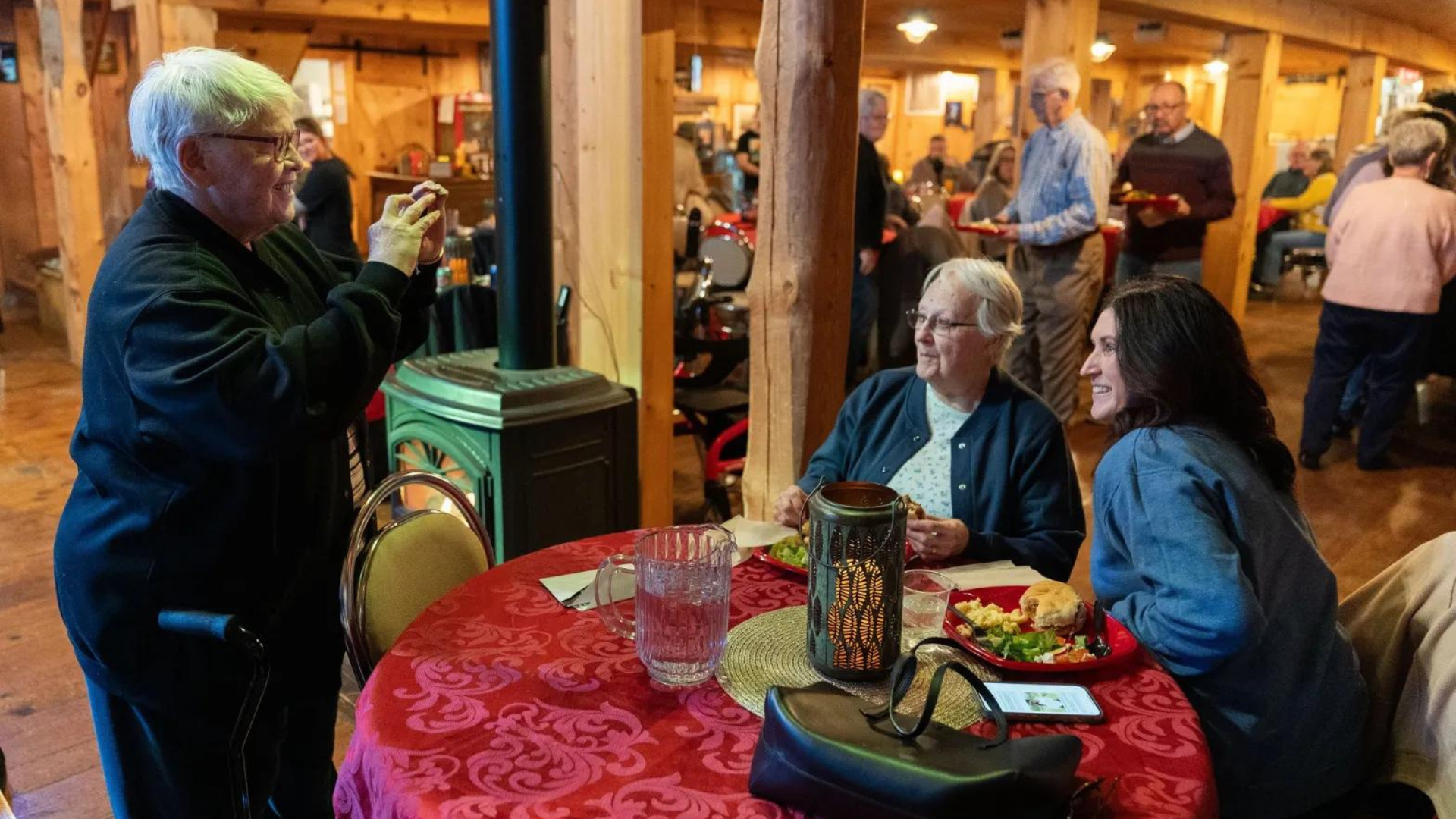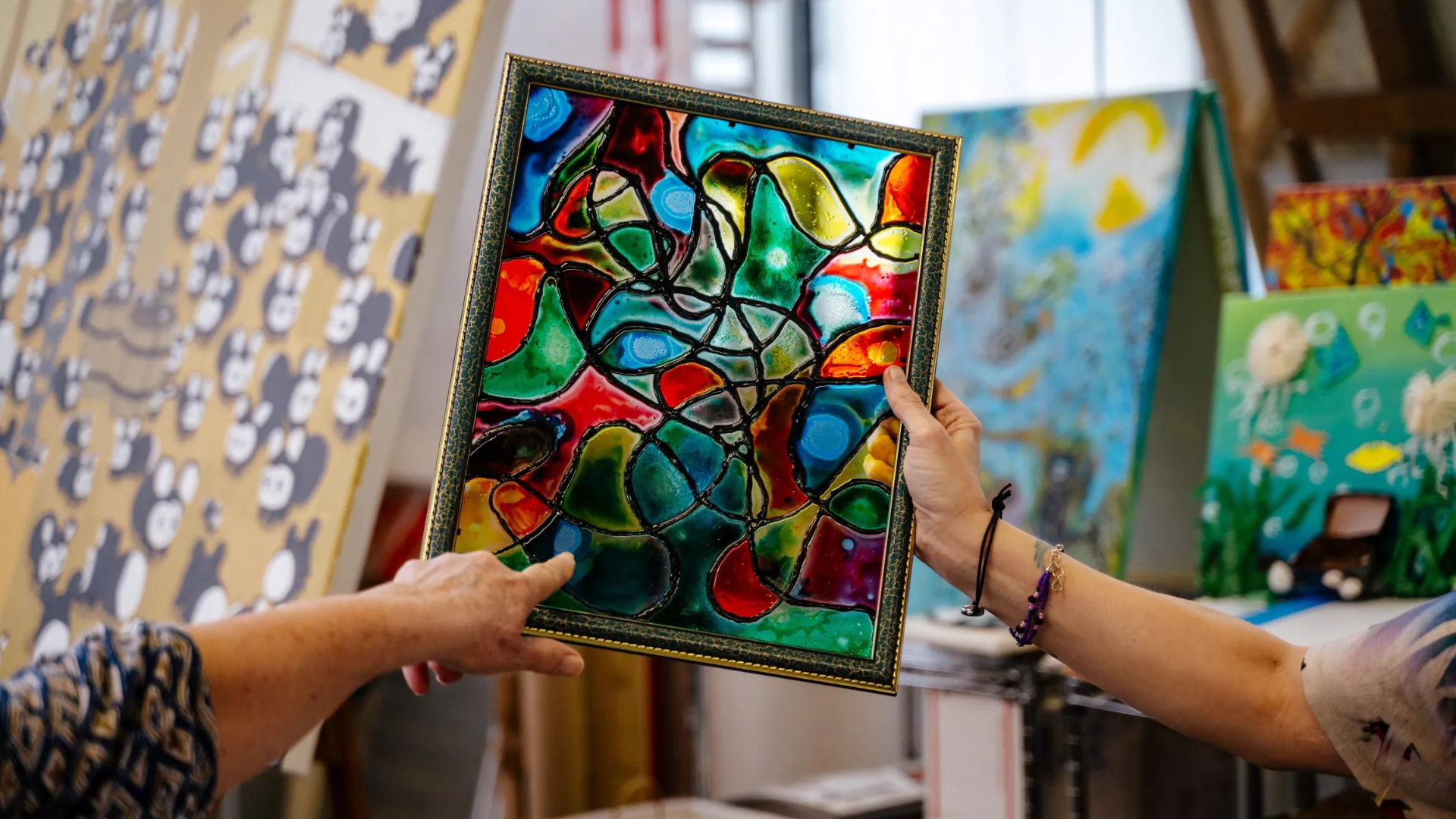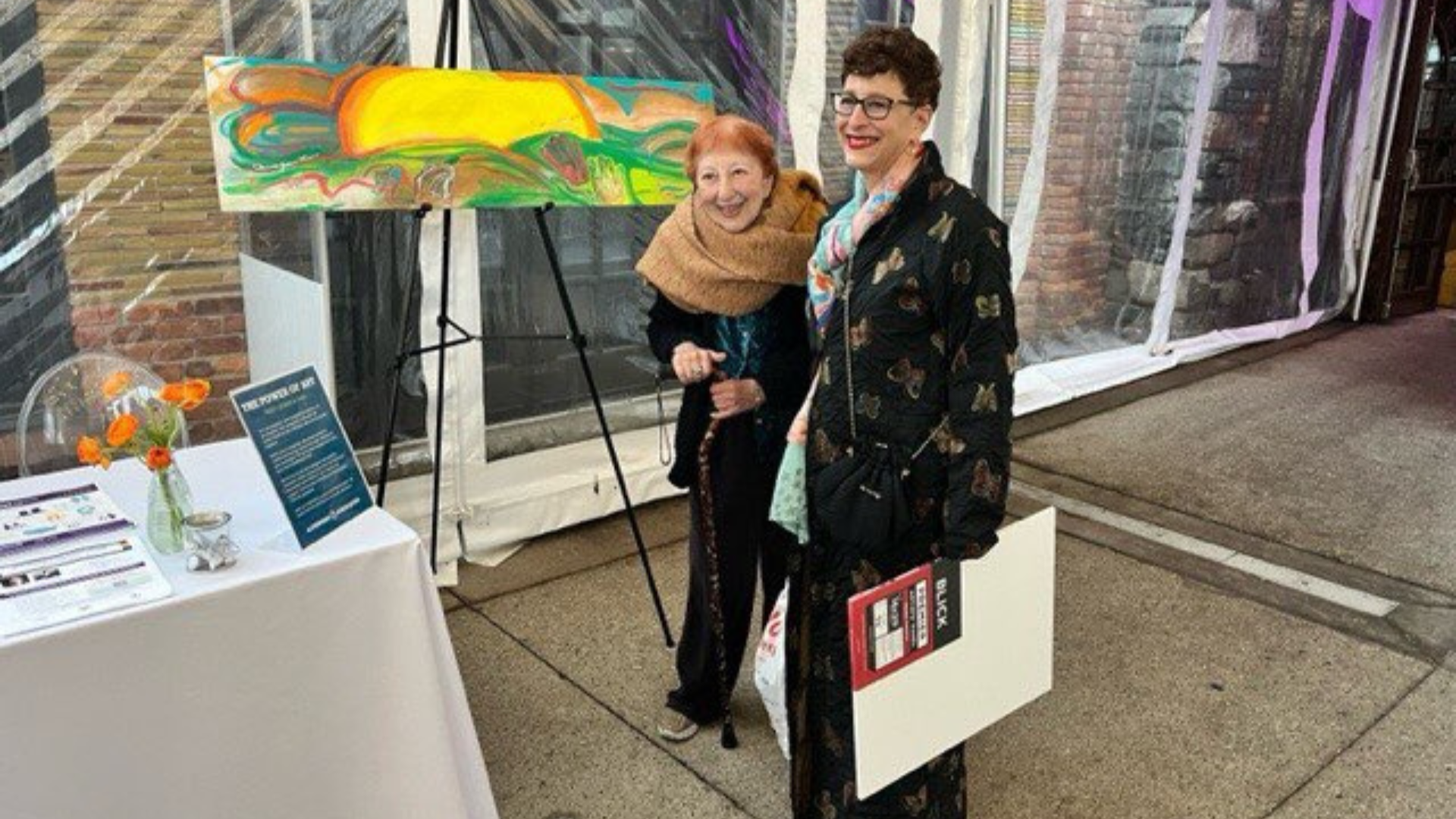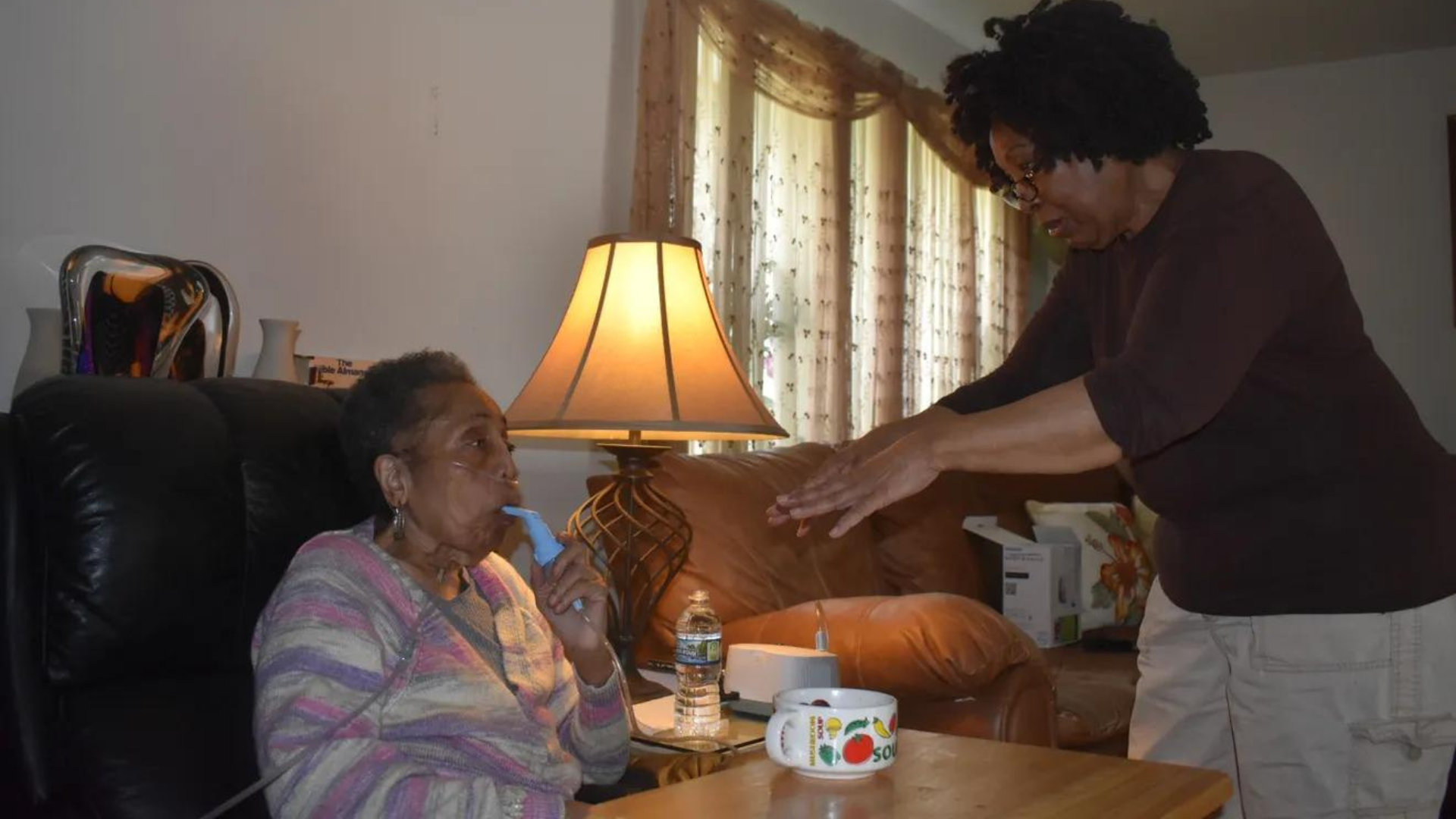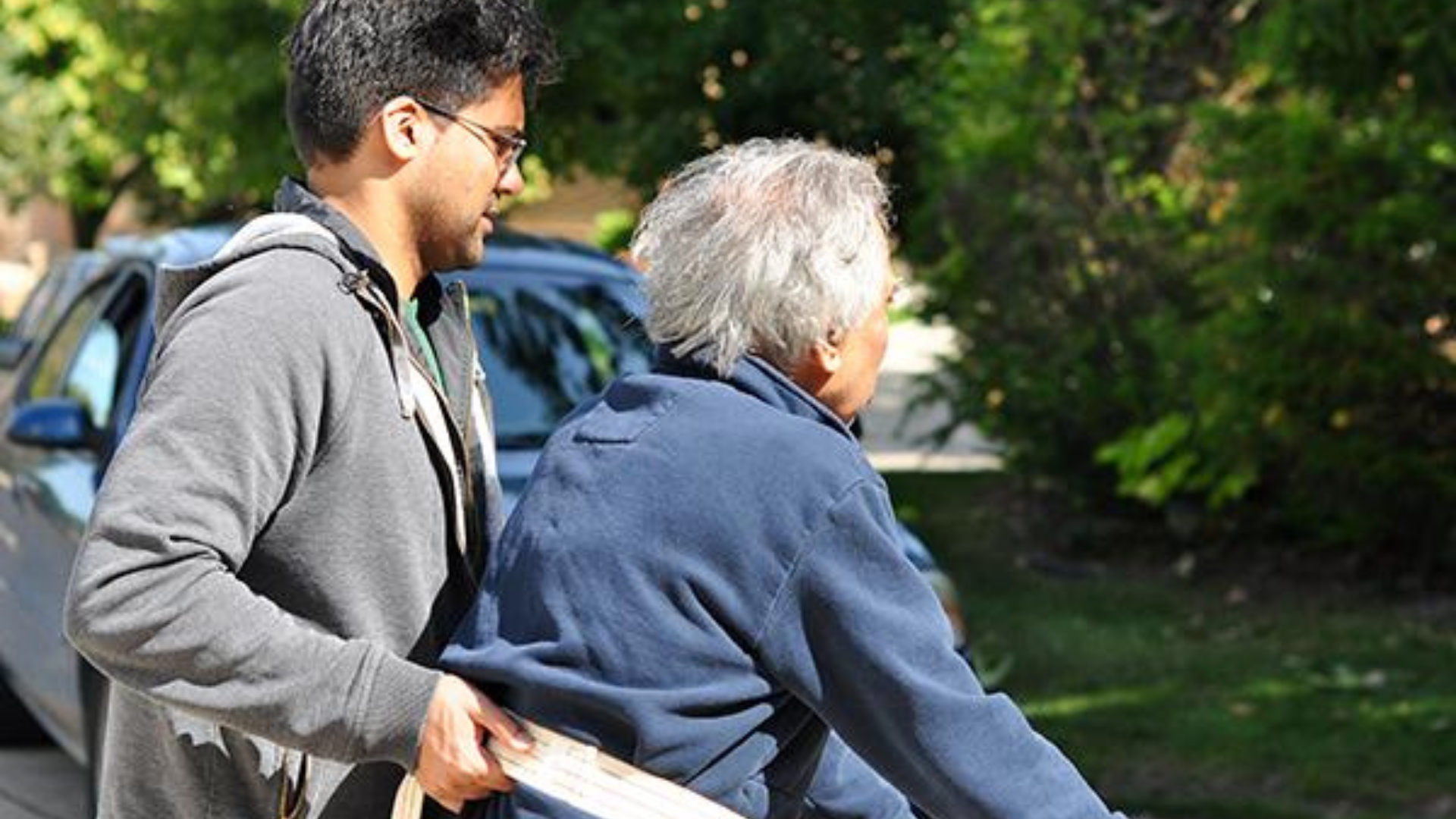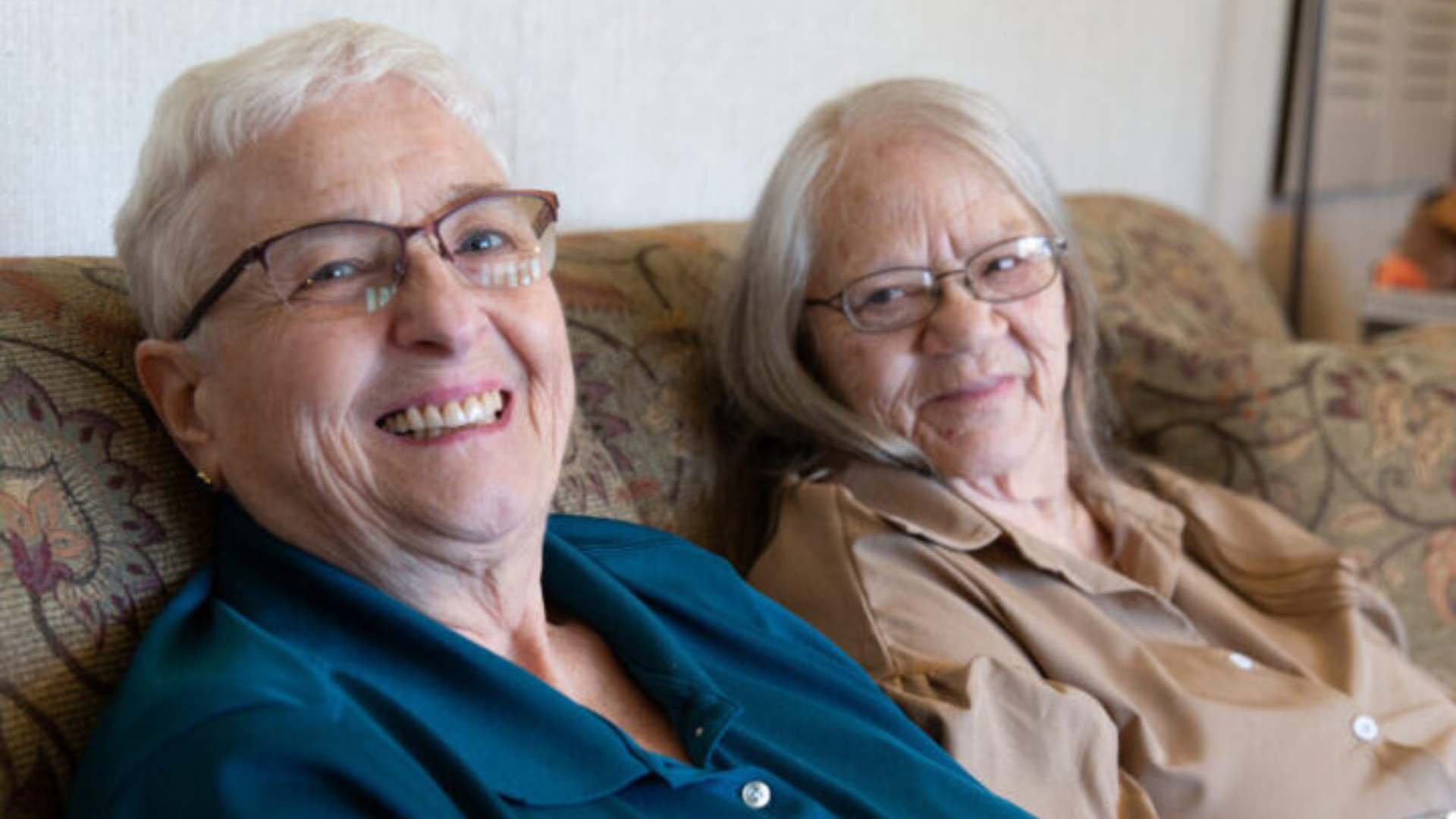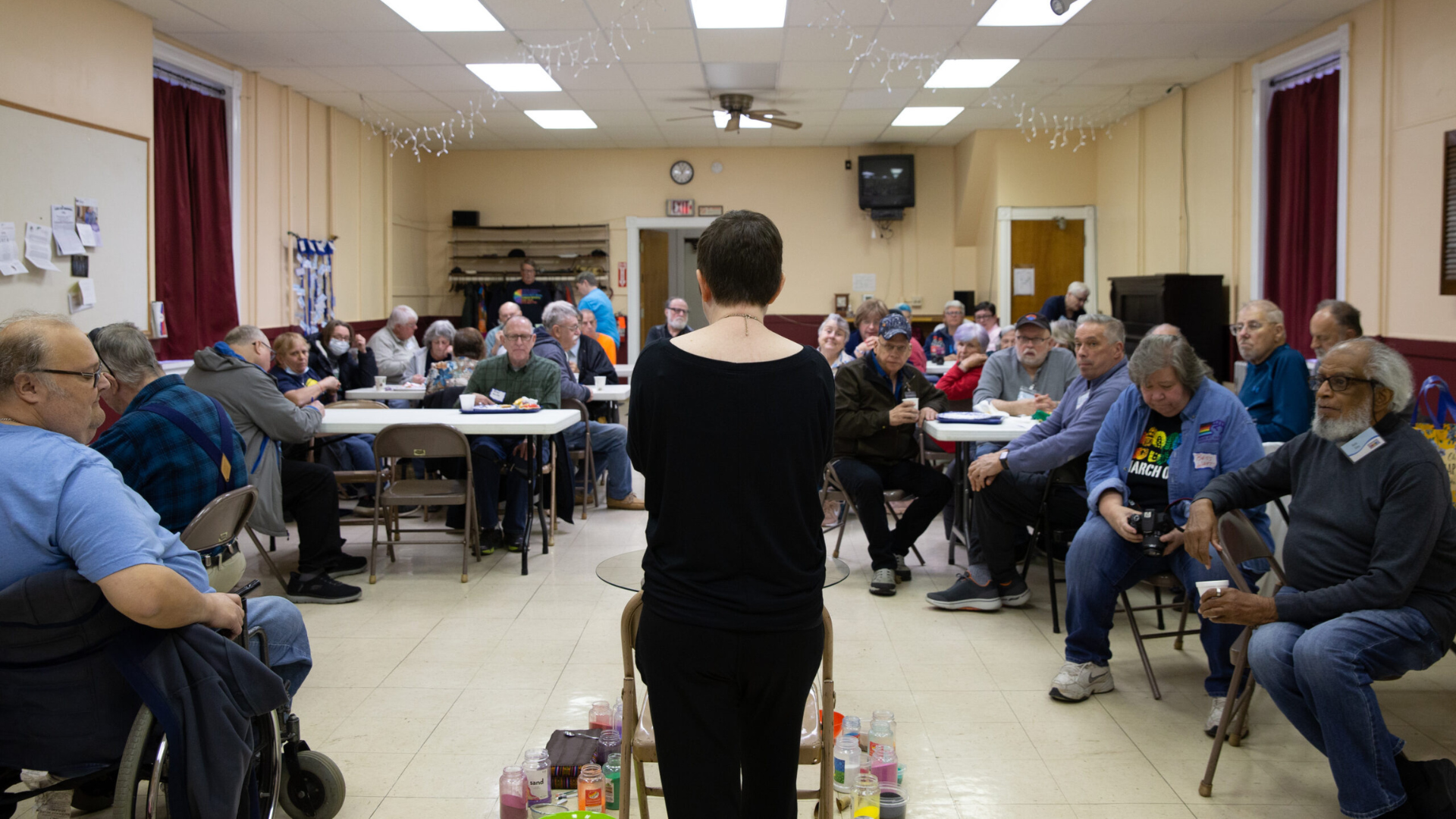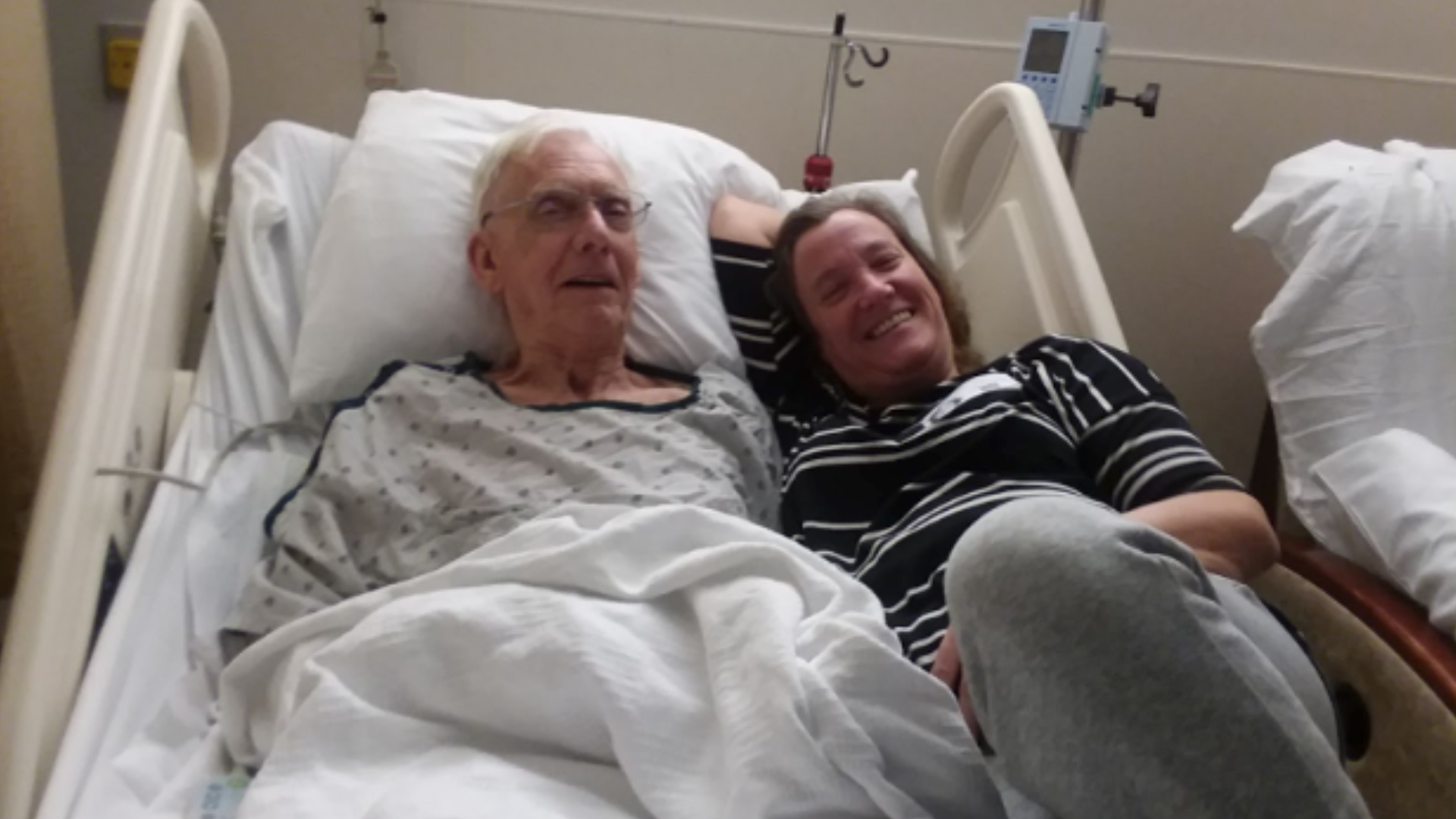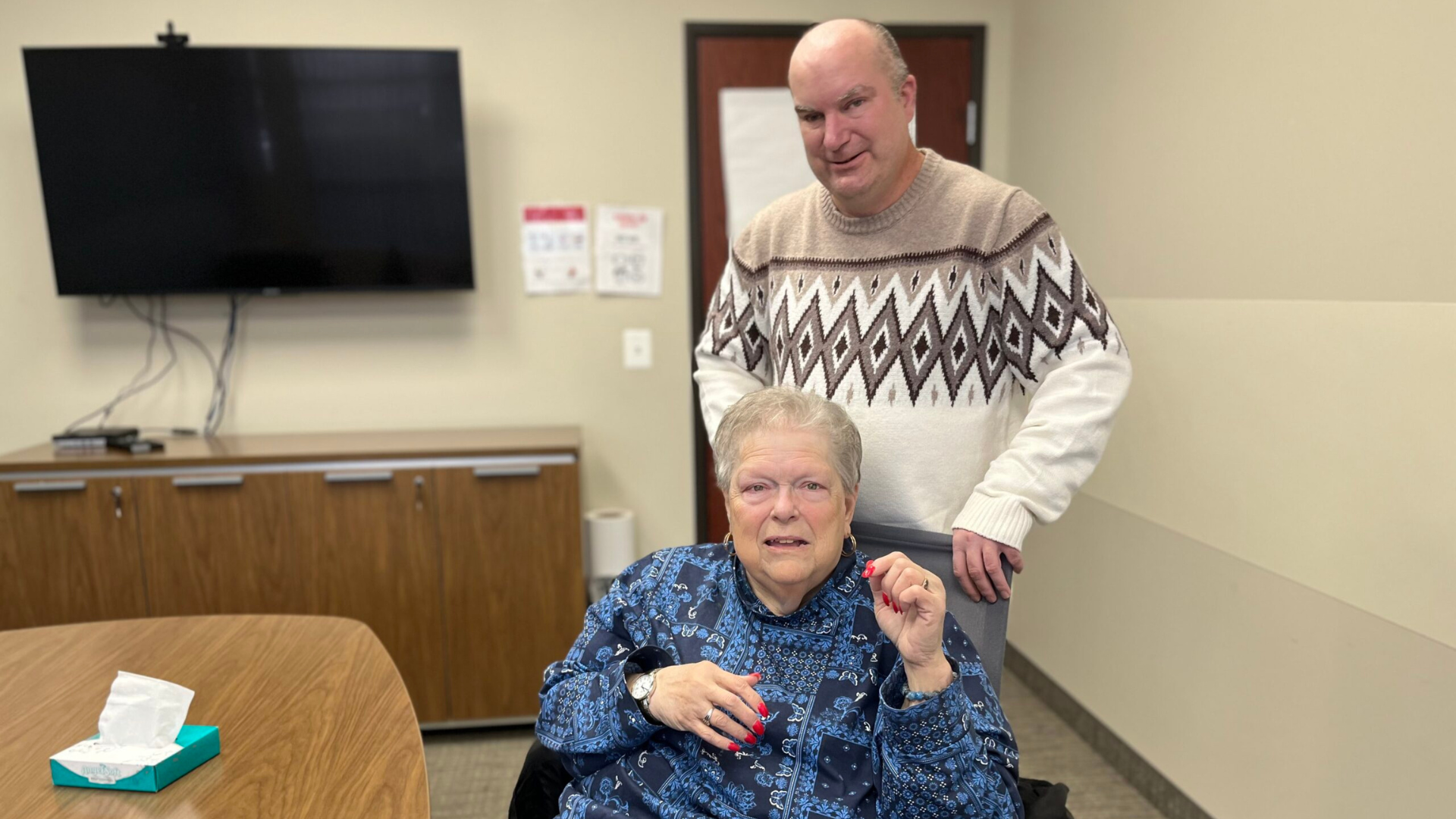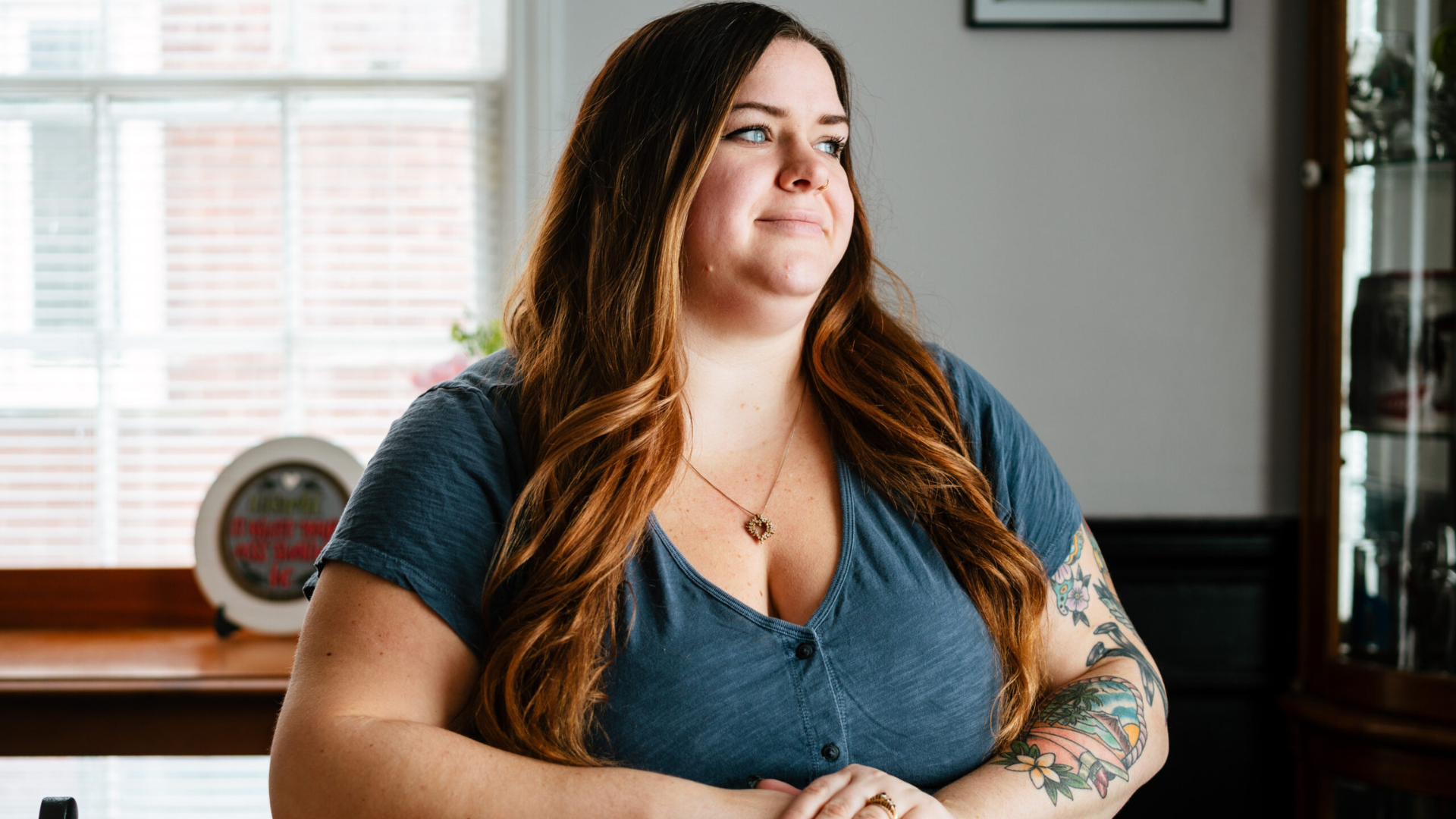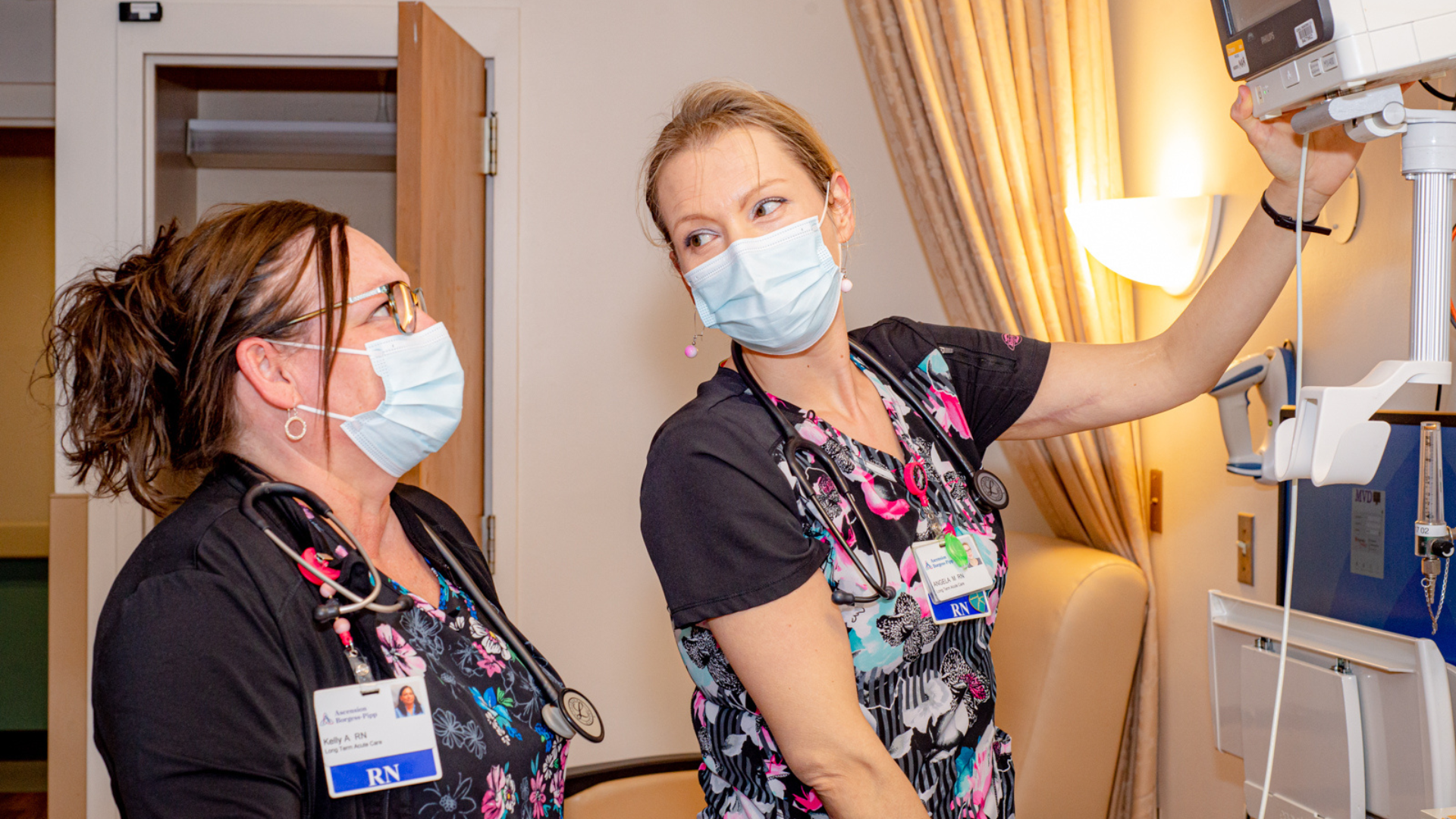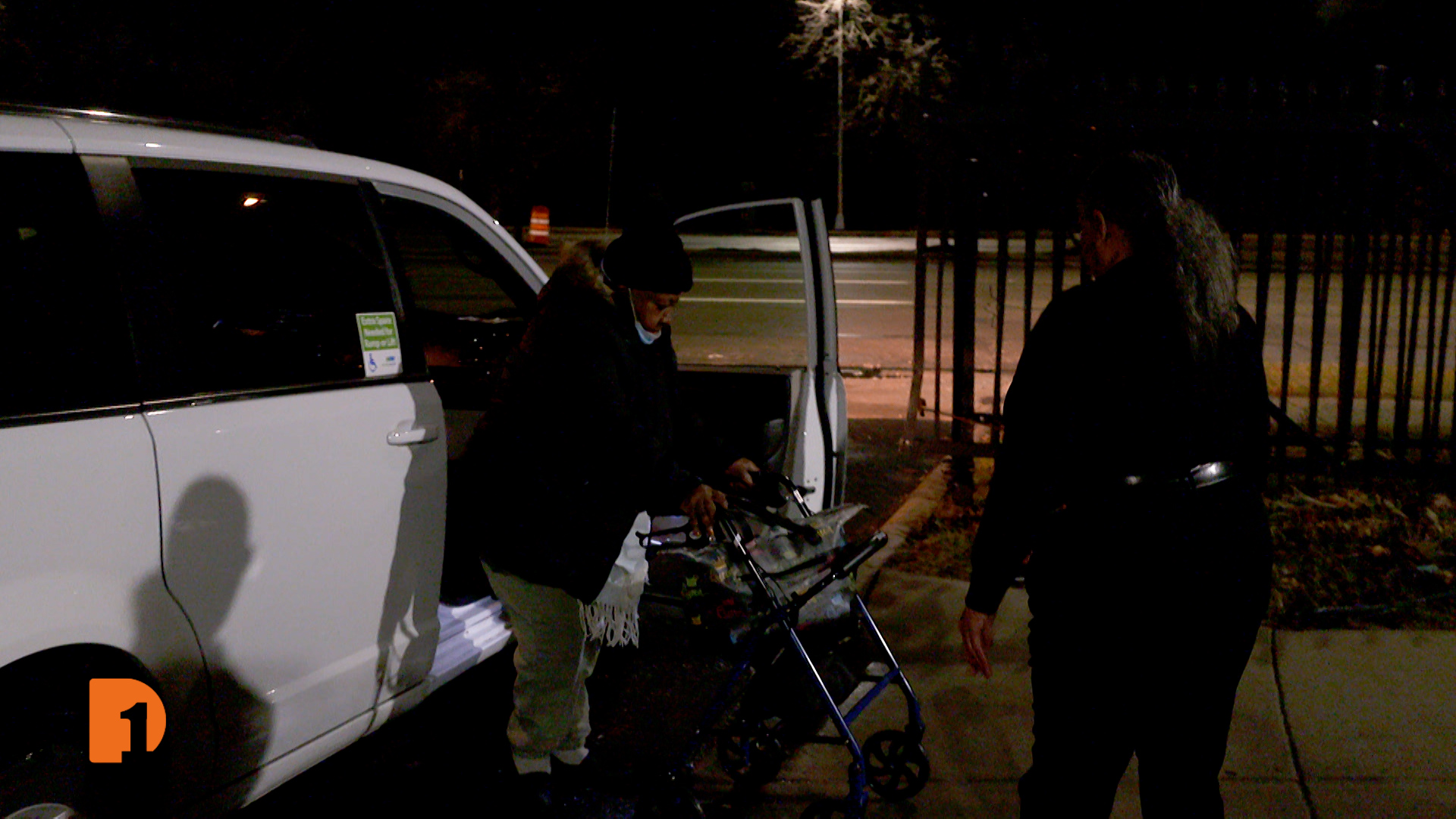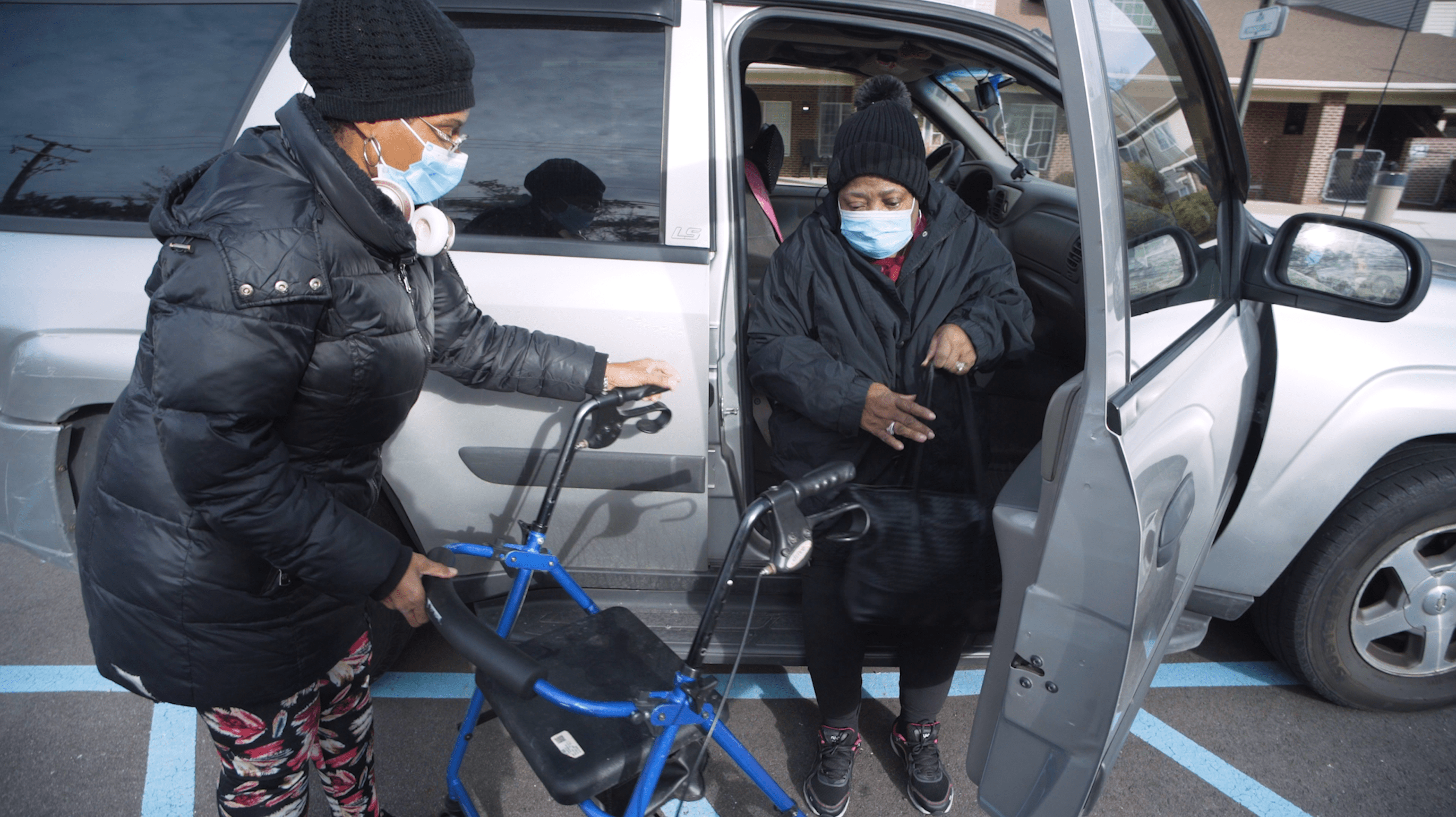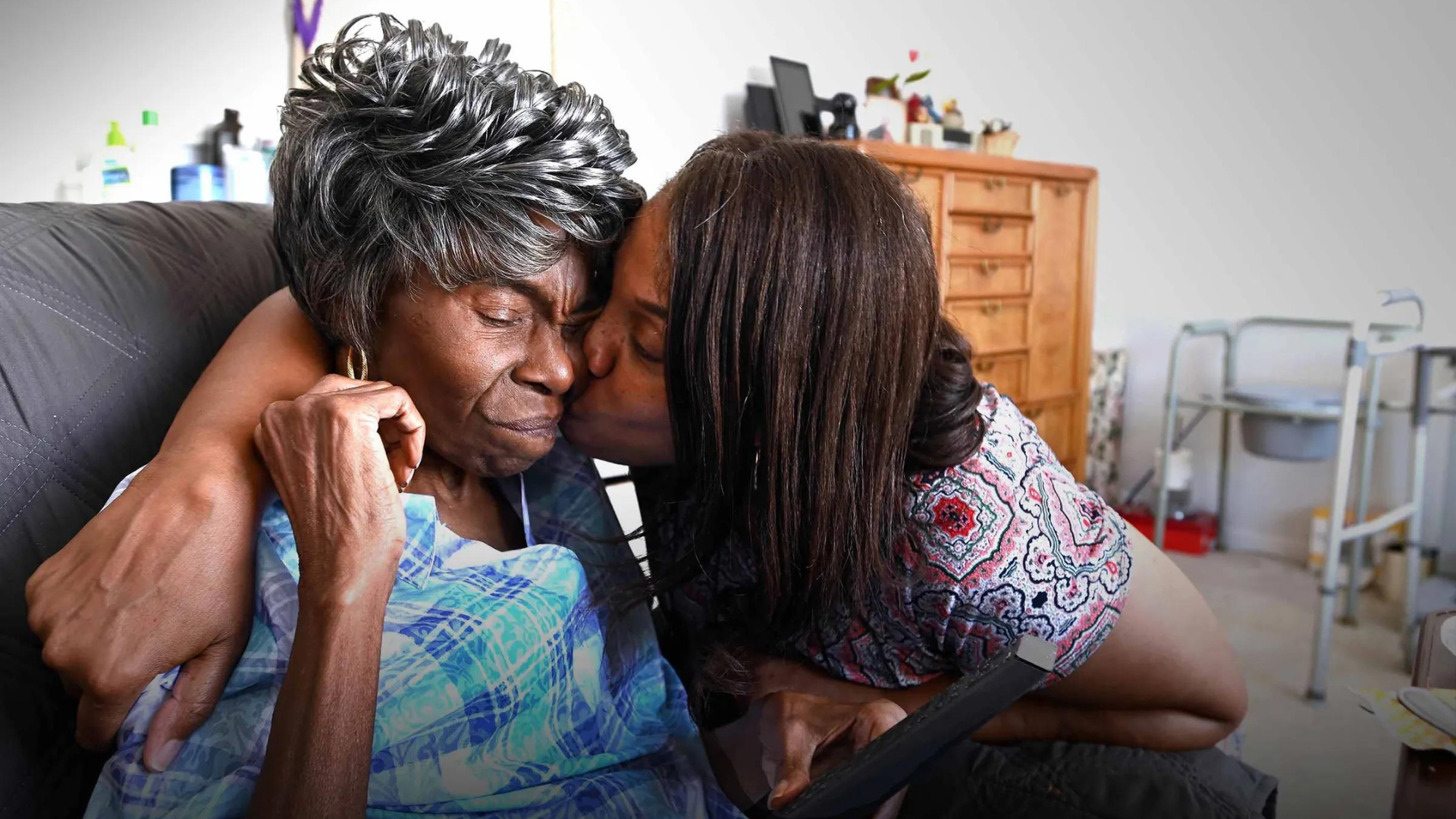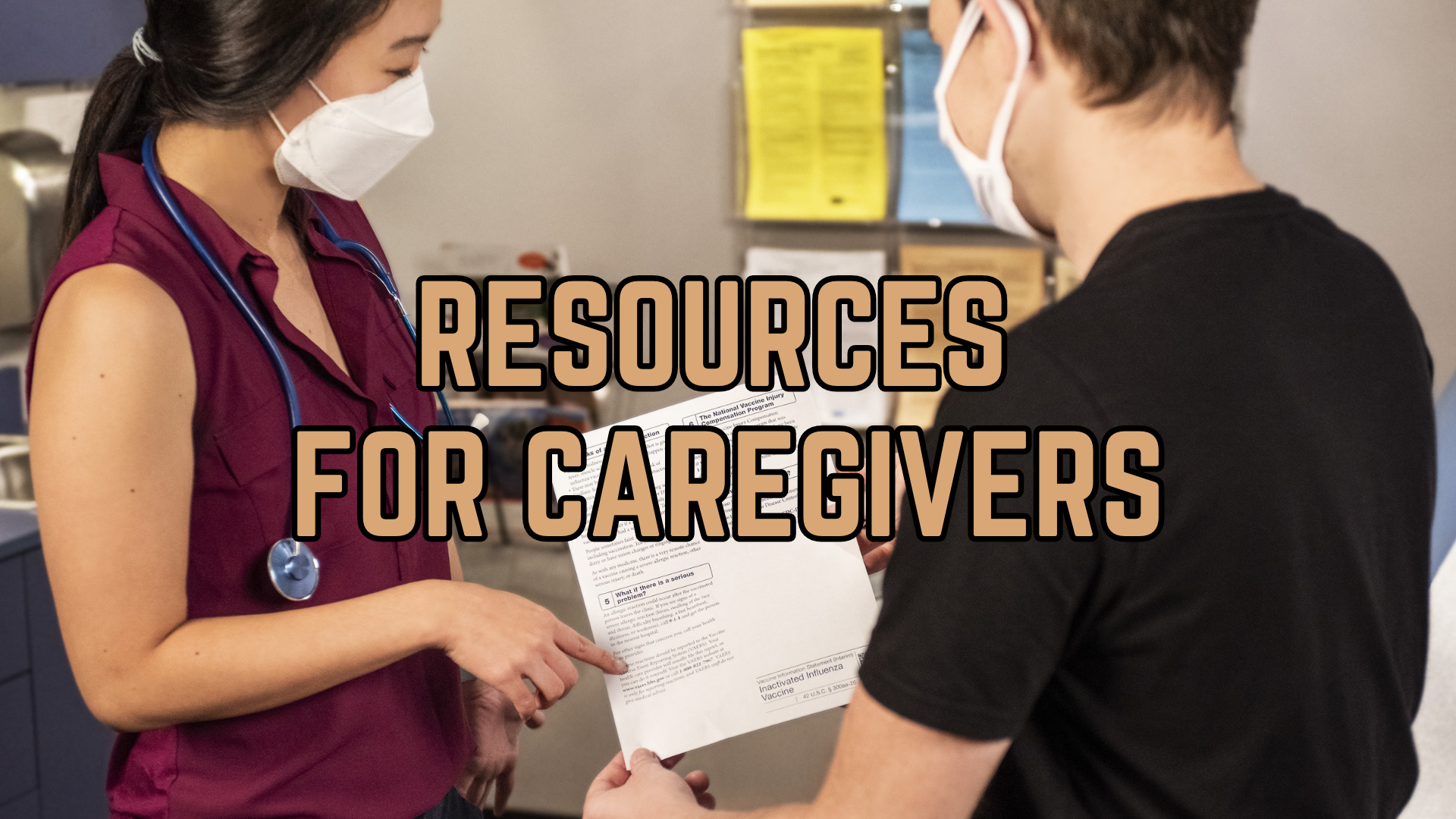
Caregivers face myriad challenges that often go unnoticed or unaddressed. Caring for a loved one, whether it be an aging parent, a spouse with a chronic illness or a child with special needs, can be emotionally, physically and financially taxing for families and individuals. Many caregivers experience burnout, stress and isolation as they navigate the demands of caregiving with their own needs and responsibilities.
The caregiving industry itself also presents significant challenges. Accessibility to affordable and quality care can be limited, leaving caregivers to shoulder the burden alone. Navigating complex healthcare systems, coordinating multiple services and providers, and understanding the legal and financial implications of their decisions only add to caregivers’ stress, and the lack of training and support further exacerbates these challenges.
One Detroit recognizes the immense difficulties caregivers face. Through our partnership with the New York & Michigan Solutions Journalism Collaborative, we shed light on these issues as well as seek out potential solutions and innovative approaches to improve caregiving for everyone. Explore our coverage and stories from our partners below.
Music cafe lifts dementia patients and caregivers as recollections dim
The Musical Memories Cafe in West Falls, New York is a social gathering space for older adults, caregivers and loved ones. Many cafe regulars have Alzheimer’s and dementia. Listening to music stimulates their minds.
Art therapy helps family caregivers cope with challenging times
A free art therapy class offered by The Art Experience, a Pontiac-based nonprofit nestled on a bare street devoid of noise and foot traffic offers family caregivers a 12-week, grant-funded pilot program that provides a space for creative self-expression, catharsis and respite.
Whitmer calls for $5,000 tax credit for caregivers. Will it help those who need it the most?
As part of Gov. Gretchen Whitmer’s Caring for MI Family Tax Credit proposal, Michigan families could receive up to $5,000 in tax credits for caregiving expenses like transportation, counseling, nursing, and respite care, or temporary relief from caregiving responsibilities.
Lawsuit could mean more pay for some Michigan caregivers, relief for families
Thousands of Michigan families soon might find it a bit easier to hire staff to support loved ones with intellectual and developmental disabilities. The money would be used to pay for both caregivers, as well as expenses and transportation for outings.
Michigan’s Home Help program supports caregivers but need dwarfs its scope
Home Help is one of a handful of programs that compensate caregivers of Michigan residents who otherwise would need residential nursing care, adult foster care or a home for the aged. Such assistance can serve as a bulwark against the very real financial burdens facing family caregivers in the state.
For family caregivers, the costs of tending to loved ones exact a toll
When working-age people care for a loved one facing dementia, a chronic illness or physical limitations, they think primarily of the well-being of the person receiving care. However, research shows that devotion often leads to a financial toll for caregivers. Providing uncompensated care for a parent, sibling or other close relative or friend can be a drain on a bank account.
Caregivers are struggling. Virtual support may help.
For anyone thrust into a caregiver role, it can feel like drowning, having to quickly get up to speed on medications, bills, legal paperwork, assess care options – the fit, the quality and the cost. And while there is a wealth of information and resources out there, there is no one-stop shop. It’s often a road people are left to navigate, even chart, on their own.
How volunteers in Rochester, N.Y., help caregivers manage finances
Lifespan’s Financial Managementvolunteer-based program, which got its start in Monroe County about 20 years ago, is designed to help adults, 60 and older, manage their personal finances — bill paying, budgeting and balancing — and currently serves about 200 clients. In more recent years, the program expanded to neighboring Genesee County and eight additional counties across Western New York.
In southeast Michigan, a voucher program allows caregivers to take a break
The Area Agency on Aging 1-B offers short-term financial relief to family members to hire a relative or friend to help out with an older loved one. The nonprofit offers a voucher worth up to $575 to pay for respite care or temporary relief from caregiving responsibilities. The voucher program comes as Michigan’s older adult population is rapidly growing.
Storms, frequent power outages leave caregivers feeling helpless
Caregivers face mounting stress over keeping their loved ones safe when the lights go out, or when driving may be dangerous or even impossible. They wonder if evacuation options are safe and accessible for those receiving care, and spend hours devising contingency plans in case they end up in the path of a monster storm.
Michigan utility’s generator program helps some people requiring oxygen but need is great
When a major storm hits, access to a reliable source of electricity is crucial for Michigan residents who rely on medical devices to stay alive. Southeast Michigan’s main utility DTE Energy prioritizes restoring power to first responders like police and fire stations, emergency medical technicians and hospitals during large outages. Broadly, nursing homes and specialized care facilities are next followed by educational facilities and areas with the highest populations.
How caregivers can prepare for weather emergencies
According to the Centers for Disease Control and Prevention, 85 percent of U.S. adults over age 65 have one or more chronic diseases; 83 percent use at least one prescription drug, and about a third use five or more prescription drugs. And here’s what’s really concerning. An AARP survey found only 29 percent of older adults believe they’re prepared for an emergency.
Special needs shelters save lives during hurricanes. Could they work for blizzards?
Special needs shelters save lives during hurricanes. Could they work for blizzards? Some caregivers worry their loved one would not be near a restroom or that they might wind up having to change clothes in the view of others. Others cited the experiences of people in an assisted living facility who were evacuated during one storm at the last minute to a shelter.
South Asian families couldn’t find suitable paid caregivers. A Michigan woman stepped up.
In Asian nations, caregiving is more of a community effort, with extended family members springing into service, neighbors pitching in or government assistance filling in the gaps. A sense of community in the United States, however, isn’t as common. Cultural norms mean Shaista Kazmi’s business can be a hard sell, even in a graying America.
LGBTQ adults risk isolation as they age in U.S. Rochester lacks housing for these seniors
There are an estimated 1.5 million gay, lesbian and bisexual people over 65 living in the U.S. currently, and that number is expected to double by 2030. This growing population faced painful experiences in the healthcare system during the AIDS epidemic of the 1980s. But in 2022, post-COVID, LGBTQ+ adults have an additional concern: aging alone without caregivers.
How a phone buddy program is helping LGBTQ seniors stay connected
A program that was born out of the early weeks of the pandemic has paired LGBTQ elders with volunteers in the community for more than three years. The SAGEConnect program matches LGBTQ+ elders with volunteers for phone calls. A Rochester version of this failed, but it’s done better elsewhere. And locally, some LGBTQ seniors are combatting isolation by meeting in person at a community center.
Building housing for older LGBTQ+ adults in Michigan
Developers are breaking ground this month on the Raymond E. Shepherd House in Ferndale, Michigan, a four-story affordable housing apartment complex. This type of housing, meant as a haven for LGBTQ elders is part of a growing trend. The metro Detroit project includes 53 apartments and “strives to create an affirmative and inclusive environment.”
Caregiving and mental health: ‘Overload in every sense of the word’
Roughly half of 1,000 unpaid caregivers surveyed last year in the Buffalo, Rochester and Detroit regions said physical and mental health challenges came with their roles. The more hours spent caregiving, the greater those burdens. The same held true for the youngest, least educated and lowest wage earners, according to the survey, commissioned by the New York-Michigan Solutions Journalism Collaborative.
A familiar setting for older adults, and respite for those who care for them
PACE’s metro Detroit regional programs serve 1,600 older adults at seven centers, with an eighth center will be added this year in Clinton Township, and a ninth is planned next year for Westland. PACE centers also have a health clinic and an urgent care center, as well as home services and other free items many Medicare plans may not cover.
Young caregivers need more support. There’s an app for that.
Caregiver burnout has been a growing problem, especially since the Covid-19 pandemic when hospitals, skilled nursing facilities, and senior communities have been overwhelmed. There are potential solutions in addressing the mental health stresses. One example is the Me-We program model designed by a cross-national European team to provide support for young caregivers, known in Europe as “carers.”
These perks and benefits are critical to keeping paid caregivers healthy
Who helps caregivers when they are in need? According to Statista, a 2021 survey, nurses said the most common reason they planned to leave their job was that work had negatively affected their health and well-being. The second most common reason was insufficient staffing. In 2020, the average turnover rate for registered nurses across the United States was 18.7 percent.
Future uncertain for Detroit’s paratransit system as DDOT takes over, searches for new provider
The transportation system designed specifically for Detroiters with disabilities has an uncertain future. If the city doesn’t find a long-term solution for quality service providers, it risks federal action.
Michigan caregivers are providing care for their loved ones. Who’s caring for them?
For three Metro Detroit caregivers, the life changes and challenges that come with caring for loved ones have become part of their everyday life. On some days, it can feel as if those responsibilities might push them to the breaking point.
Caregivers in Michigan are reaching a breaking point
Caregiving for the area’s growing population takes a toll, and the work disproportionately falls on our most vulnerable: lower income; women, and particularly women of color. Data show that those who have the least find themselves giving the most.
About these stories:
These stories are produced through the New York & Michigan Solutions Journalism Collaborative, a partnership of news organizations and universities dedicated to rigorous and compelling reporting about successful responses to social problems. The group is supported by the Solutions Journalism Network.
Abou the New York & Michigan Solutions Journalism Collaborative:
The New York & Michigan Solutions Journalism Collaborative (NYMI SOJO) is a group of news, academic and community organizations pooling time, talent and resources to cover chronic problems in our communities with a solutions lens. It is modeled on other successful news collaboratives supported by the Solutions Journalism Network.
The collaborative works to report on and reflect the diverse communities in Michigan and New York. The collaborative’s inaugural project, “Invisible Army: Caregiving on the Front Lines,” has produced rigorous reporting on successful responses to challenges experienced by caregivers and older adults.
Stay Connected:
Subscribe to One Detroit’s YouTube Channel & Don’t miss One Detroit Mondays and Thursdays at 7:30 p.m. on Detroit Public TV, WTVS-Channel 56.
Catch the daily conversations on our website, Facebook, Twitter @DPTVOneDetroit, and Instagram @One.Detroit
View Past Episodes >
Watch One Detroit every Monday and Thursday at 7:30 p.m. ET on Detroit Public TV on Detroit Public TV, WTVS-Channel 56.

